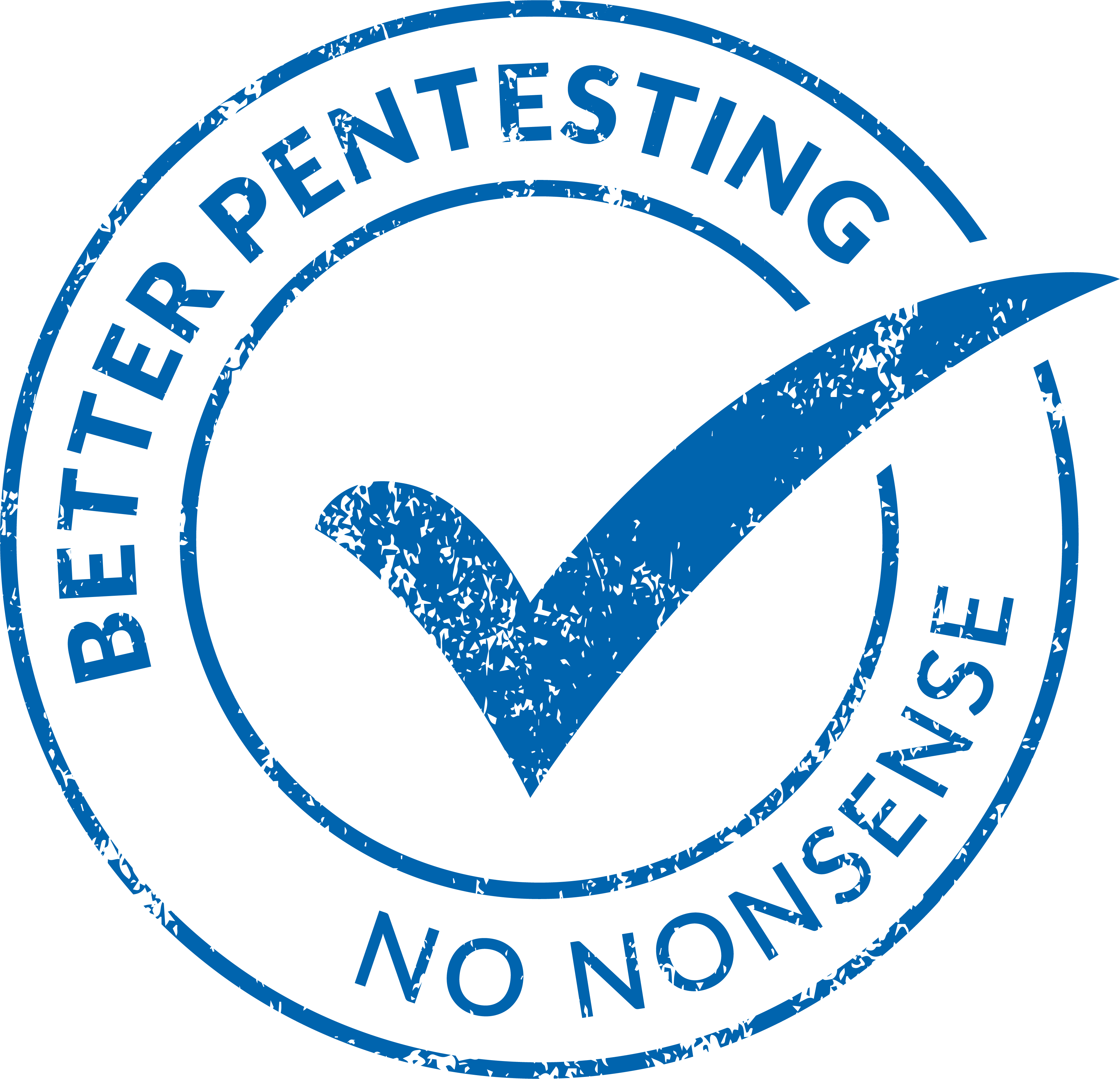There is no dedicated degree program for becoming a penetration tester. To understand the path to this profession, it's essential to first identify the skills and knowledge a proficient penetration tester should possess:
- IT System Administration: Comprehensive understanding of operating systems and networks.
- Application Development: Proficiency in programming languages such as C, Java, PHP, and Python.
- Theoretical Attack Techniques: Knowledge of buffer overflows, code execution, injections, and more.
- Tool Proficiency: Skilled use of tools like Nessus, Nikto, Nmap, and OWASP ZAP, beyond a basic level.
- Tool Development: Ability to develop new tools or enhance existing ones. Python is king.
- Structured Methodologies: Familiarity with frameworks like OSSTMM and the OWASP Testing Guide.
- Report Writing: Capability to produce structured reports, including explanations and documentation.
Penetration testing is more than just running hacking tools - it demands a methodical, analytical mindset and a deep technical foundation.
A master's degree in computer science typically provides the most robust entry point into the field. While vocational training as a system administrator or software developer can offer a valid starting point, this path is less common. Most professional penetration testers hold a computer science degree, and such qualifications are frequently listed as prerequisites in job postings and public tenders. The most common route includes completing a computer science degree, gaining several years of IT experience, and then gradually specializing in information security. At that stage, investing in a focused training course in penetration testing can be a strategic step for professional development.
Kali Linux is one of the best-known Linux distributions in the security community. It comes pre-installed with hundreds of tools for penetration testing, digital forensics, and vulnerability analysis. But is it essential to master Kali to become a professional penetration tester?
The short answer: Kali Linux is a useful starting point - but not a requirement for becoming a good pentester.
Kali Linux provides a ready-made toolbox, but real-world penetration testing involves far more than knowing where to find tools in a menu. What sets professionals apart is their ability to deeply understand operating systems, networks, and applications - and to creatively apply that knowledge during assessments.
What is Kali Linux Really For?
Kali Linux is based on Debian Testing and is tailored for learning, testing, and offensive security research. Its key advantage lies in convenience: you don’t need to manually install tools like Burp Suite, Nmap, Nikto, or Metasploit - they're already there. This makes it perfect for:
- Hands-on exploration of well-known tools
- Learning how security tools work under the hood
- Practicing in home labs and virtual environments (e.g., Hack The Box, TryHackMe, VulnHub)
However, in professional penetration testing engagements, Kali Linux is not always the go-to environment. Many practitioners prefer stable Linux distributions like Debian Stable or Ubuntu LTS, adding only the specific tools required for a project. This improves reliability, and makes it easier to comply with client policies and documentation requirements.
Why Learning Kali Alone Isn’t Enough
Relying solely on Kali and pre-built tools often leads to shallow understanding. Many aspiring testers make the mistake of learning to "click buttons" instead of understanding how vulnerabilities occur and how tools exploit them.
To grow beyond the beginner stage, you must build strong foundational knowledge:
- Operating systems: Understand Linux and Windows internals
- Networking: Know how TCP/IP, DNS, HTTP, and routing work
- Programming: Learn scripting and debugging with Python, Bash, or PowerShell
- Web and API security: Go beyond OWASP Top 10 and understand real-life attack vectors
- Manual testing skills: Be able to identify flaws even when automated tools find nothing
That’s why seasoned professionals use Kali Linux selectively - as one of many resources. The operating system is not the core of the skillset; methodology, analytical thinking, and technical depth are.
Recommended Way to Learn Kali Linux
If you're just starting out:
- Install Kali in a Virtual Machine (VM) using tools like VirtualBox or VMware. Avoid installing it as your main OS.
- Create a lab environment using intentionally vulnerable systems (e.g., Metasploitable, OWASP Juice Shop).
- Focus on tool categories, not individual tools - understand what scanners, proxies, fuzzers, or exploit frameworks actually do.
- Document what you learn, create mindmaps or cheatsheets, and reflect on why and how something worked.
- Avoid over-reliance on walkthroughs. Try solving challenges on your own, and analyze failures.
Final Thoughts
Kali Linux can be a great learning platform - but it’s not a magic bullet. Use it to accelerate your learning journey, not as a shortcut to real expertise. Becoming a competent penetration tester takes years of practical experience, curiosity, and continuous development - not just installing the right distribution.
Penetration Testing
FAQ
Our FAQ provides clear answers to common questions – straight from pentesting experts and completely ad-free.
What is a penetration test? What types of penetration tests are there? What is the difference between a vulnerability scan and a penetration test?
How often should a penetration test be conducted? What data protection regulations are necessary for a penetration test?
How to become a Penetration Tester? Should I Learn Kali Linux to Become a Penetration Tester?
Which Tools Does binsec GmbH Use in a Web Application Penetration Test?
What is Red Teaming? How do Red Teaming and penetration testing differ? Who is Red Teaming intended for?
Penetration Testing
Since 2013 we conduct professional penetration test, based on international industry standards and years of experience in penetration testing, red teaming and hacking.
As a company for professional penetration testing, we do some things differently than other pentest provider: As a penetration test firm, we do not sell vulnerability scans as pentest. We do also focus on business security risks. You are looking for a professionally conducted penetration tests? Get the binsec team for your Pentest. Read more about our pentest service.
Contact us

 +49 692475607-0
+49 692475607-0